Often called dock line, dock rope is essential to the proper outfit of any boat. In addition to tying the boat to the dock, dock rope is also good for knot tying, splicing, tying to an anchor to prevent drift and tying protective fenders to a boat when moored. Read More…
Since our beginning in 1967, we have had experience designing, manufacturing and distributing the highest quality braided ropes and cords. Braided ropes and cordage are produced in all common fibers.
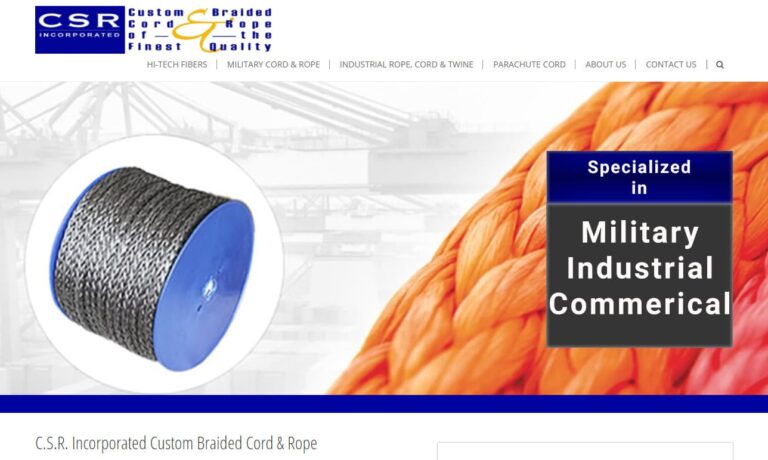
Atkins & Pearce is a leading manufacturer of braided technical textiles based in Covington, Kentucky. We produce and process industrial cordage and twine, coated insulation sleeving, tubing, expandable sleeving, lacing tapes, tie cords, candlewick, and custom braided textile products. All of our products are produced with quality top-of-mind and state-of-the-art equipment to ensure the best...

At Franklin Braid, we are passionate about the art and science of ropes. With years of expertise and a deep commitment to quality, we have earned our reputation as a premier provider of an extensive range of ropes. Let us introduce you to our world of ropes and our unwavering dedication to our craft. Ropes are our specialty, and our product range reflects our commitment to delivering a diverse...
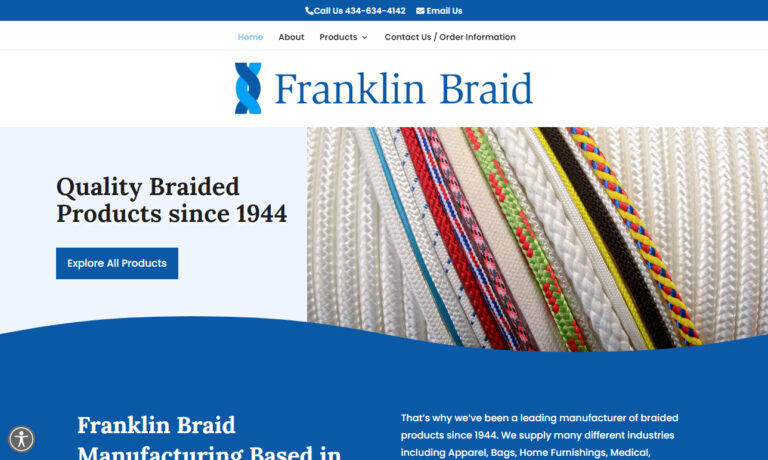
We are a manufacturer of high quality rope that is used in a variety of applications including arbor, climbing, guiding, industrial safety, rope rescue, work access and OEM. We are committed to innovative processes and product development. Call or visit us online today for me detailed information. We look forward to working with you soon!
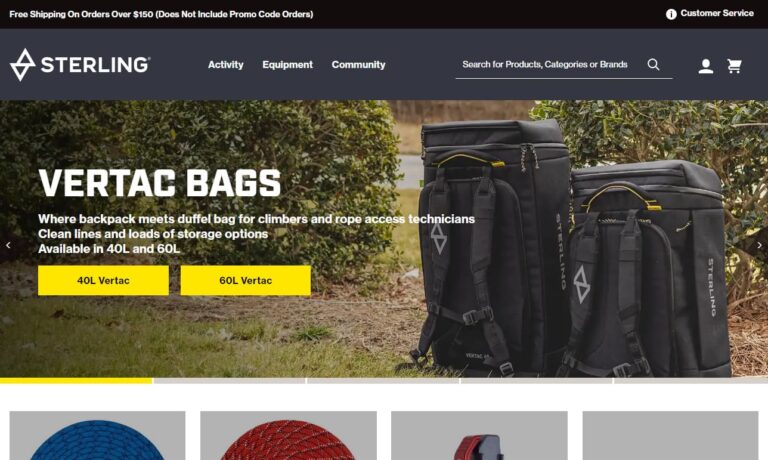
Sunshine Cordage manufactures and distributes synthetic rope. Our product consists of stranded rope available in 3, 8, & 12; solid braided and double braided rope, mooring lines, specialty rope and twines available in polypropylene and polyester. We offer ropes in many materials such as nylon, polyethylene, and manila. Sunshine’s ropes serve many applications and industries including...
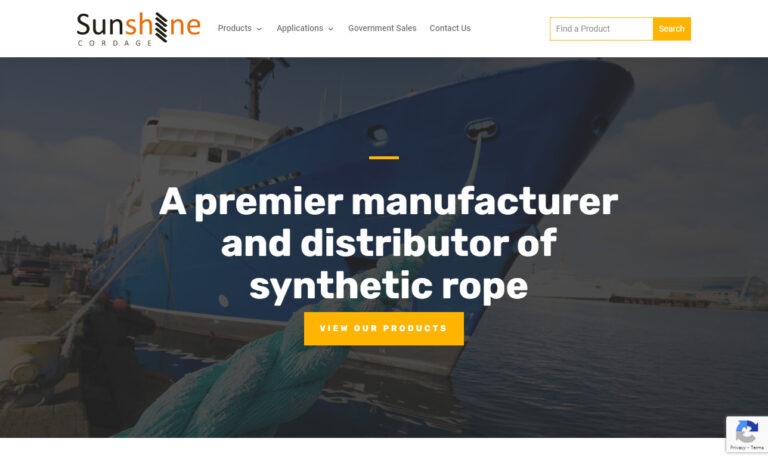
Whether you need rope for heavy pulling or everyday decoration, Hercules Bulk Ropes can help. Since 1975, Hercules Bulk Ropes supplies the highest quality rope at competitive prices. We want to be your number one source for all your rope needs. Our prices will entice you, but our customer-friendly service and expertise will keep you coming back again and again!
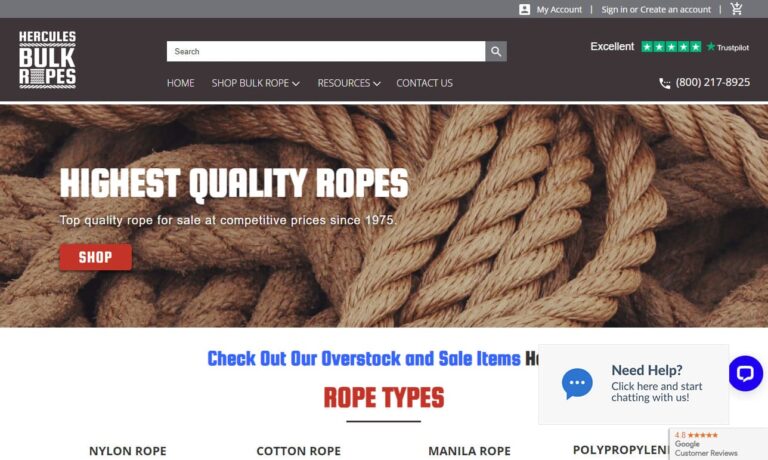
More Dock Rope Suppliers
When choosing dock rope, there are many variables to consider, such as braiding, width, length and chafe protection. A well-outfitted boat will have at least six dock ropes. Their length will depend upon how and where an owner docks his or her vessel. Dock rope is either made of natural or synthetic fibers. These fibers are twisted, plaited or braided into yarns and grouped together to form strands, which are then twisted, plaited or braided together to form rope.
Natural dock rope is made of the organic product of plant fiber. The most common materials used for this purpose are manila, sisal, hemp and cotton. Manila, the strongest, most expensive and most widely used of these materials, is made from the fibers of the abaca plant. Natural dock rope is strong, though not as strong as synthetic rope, resistant to UV ray damage and abrasive surfaces. However, it does not hold up well against the threat of rot, mildew and deterioration, and it has comparably poor chemical resistance. For these reasons, synthetic rope is more commonly used for dock rope.
Synthetic dock rope is constructed using man-made materials. The main types of rope used aboard boats are nylon, dacron, polyethylene and polypropylene. Out of these four, nylon is the most widely used, valued for its superior strength, elasticity, resistance to weather and relative affordability. Polypropylene is well-known, recognized as the bright yellow cord commonly used to tow skiers, tubers and boarders. It is not as popular for docking, however, as it is has a short lifespan and degrades easily in the sun. The general advantages of synthetic rope are: strength, moisture related deterioration resistance, UV ray and weathering damage resistance and elasticity. Its disadvantages include susceptibility to chafing and a slickness that make it difficult to knot.

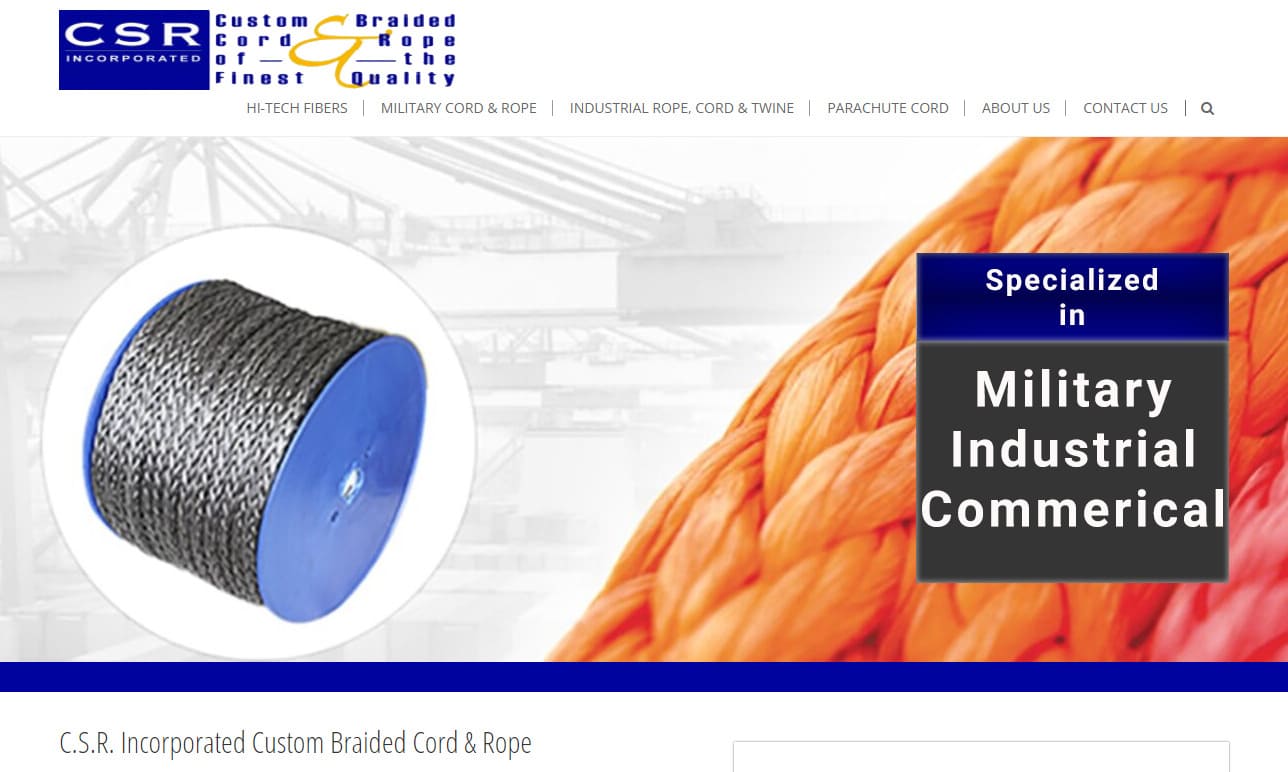

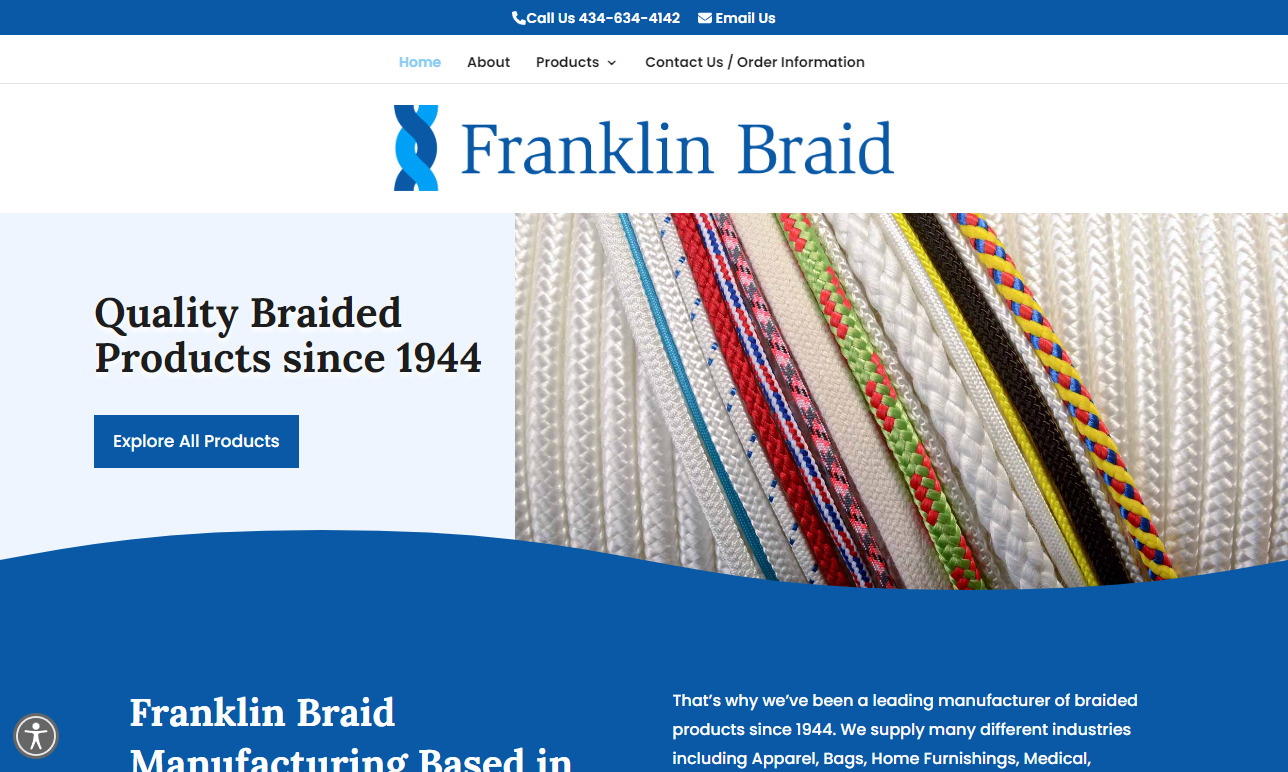
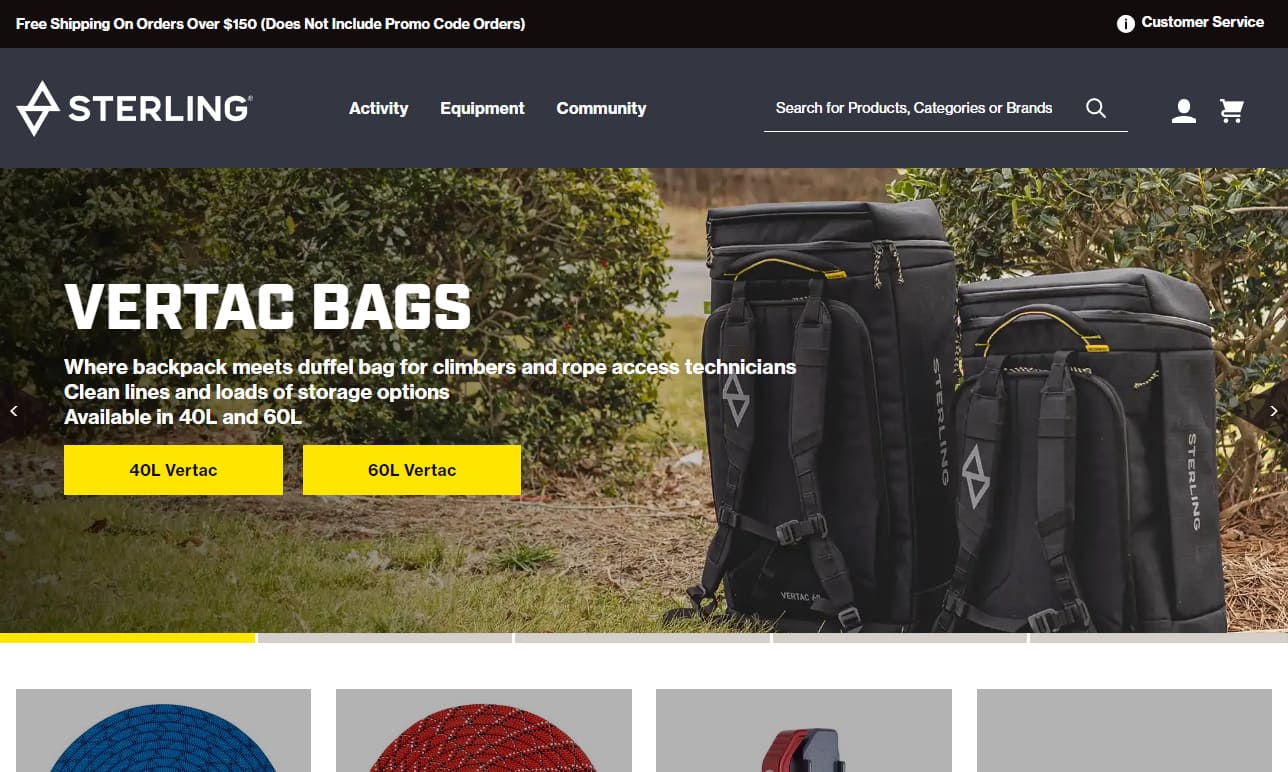
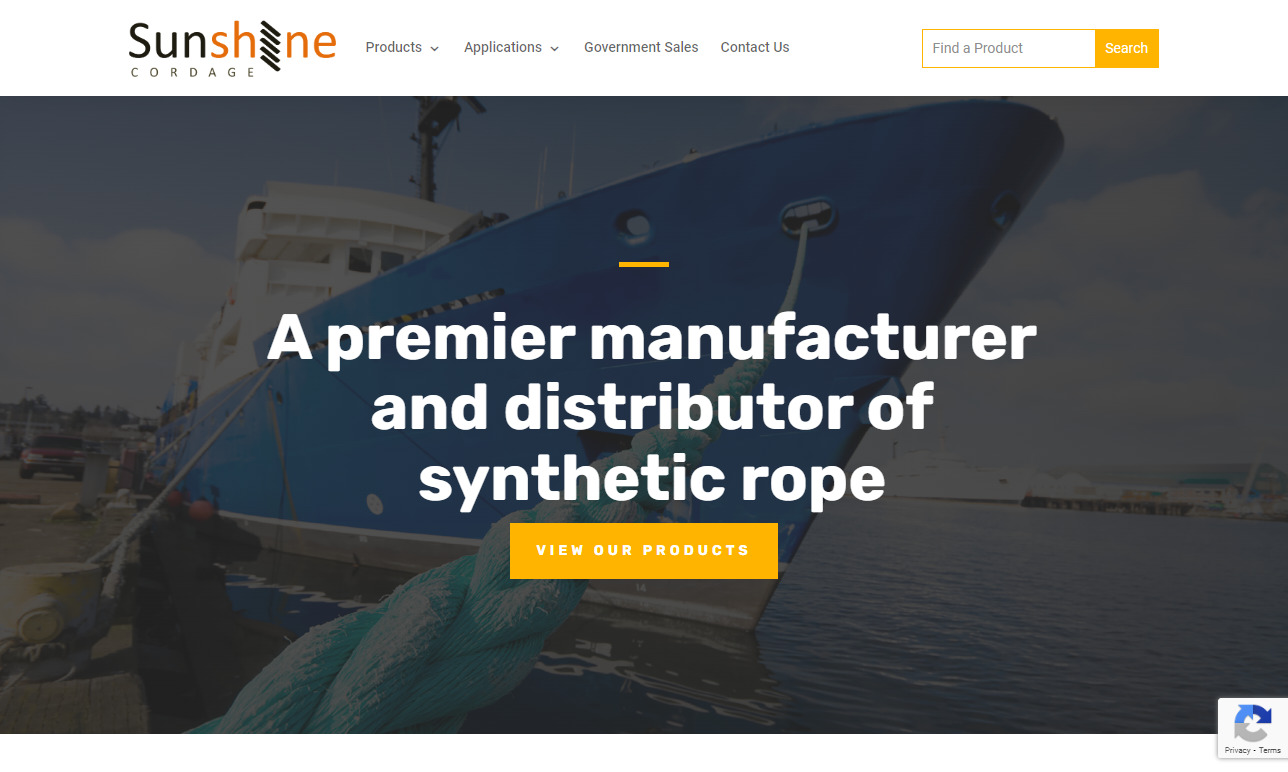
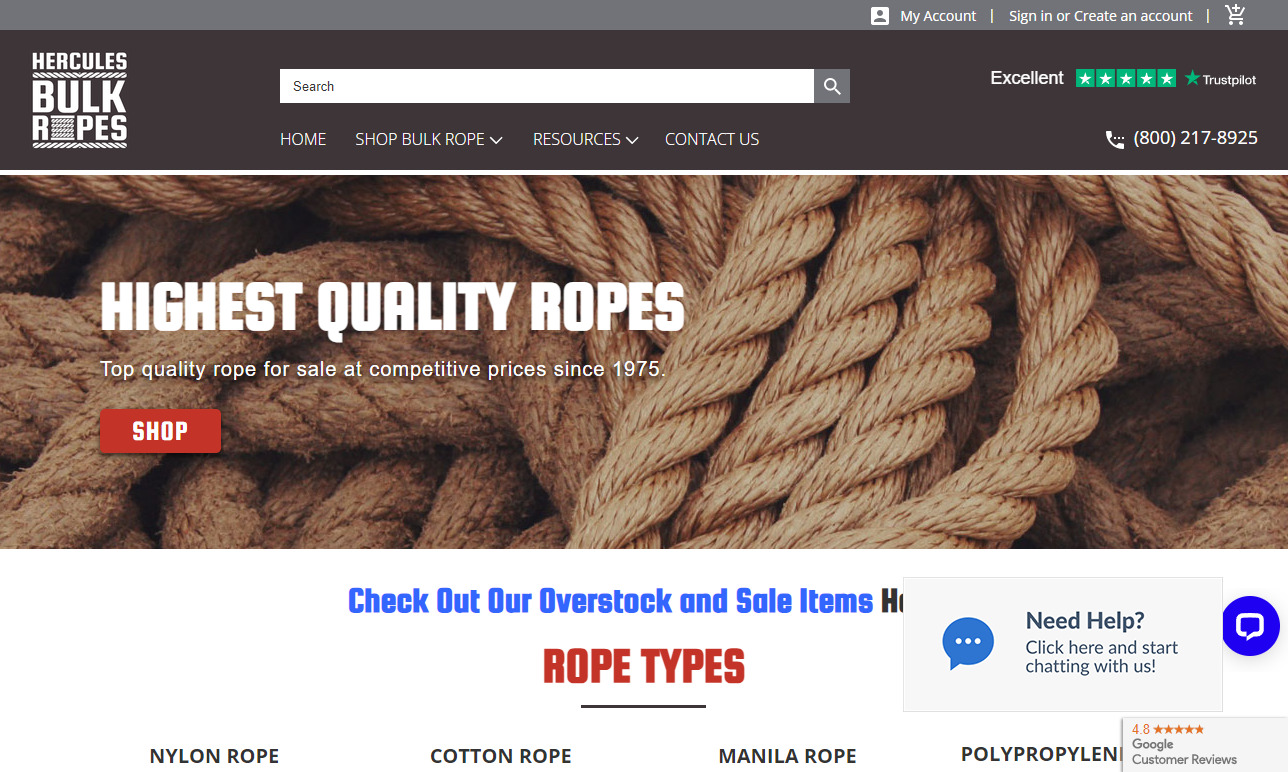
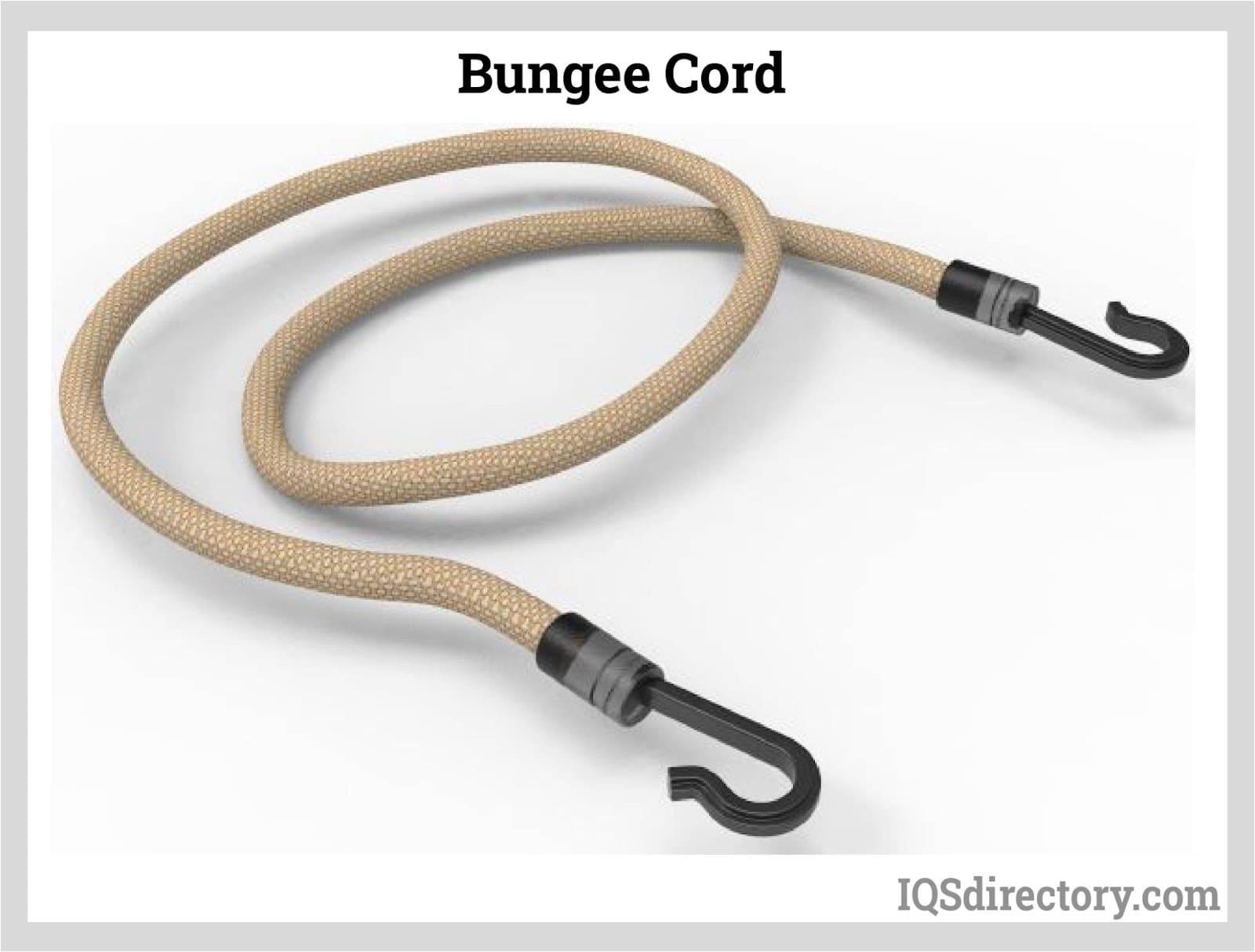
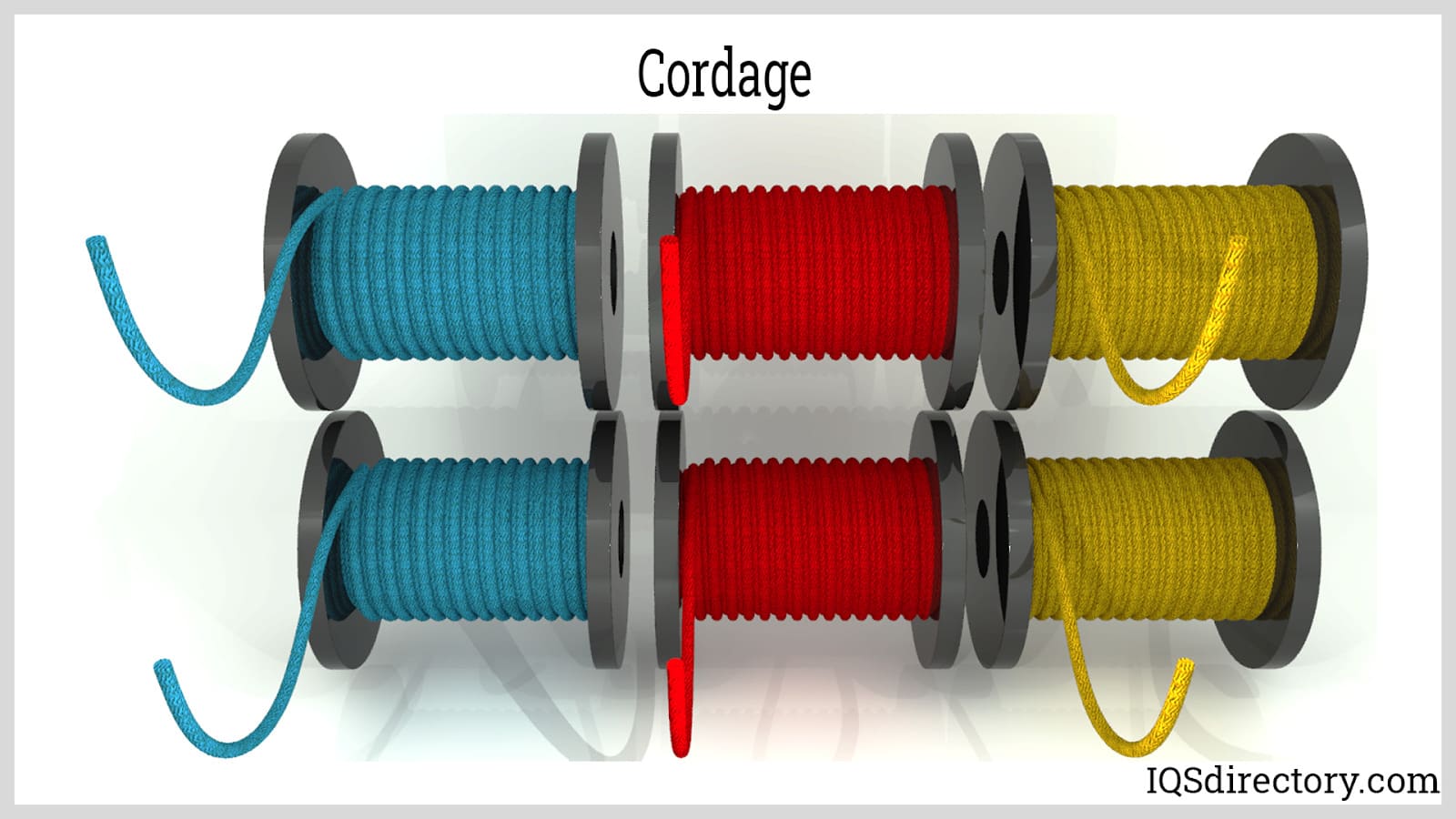
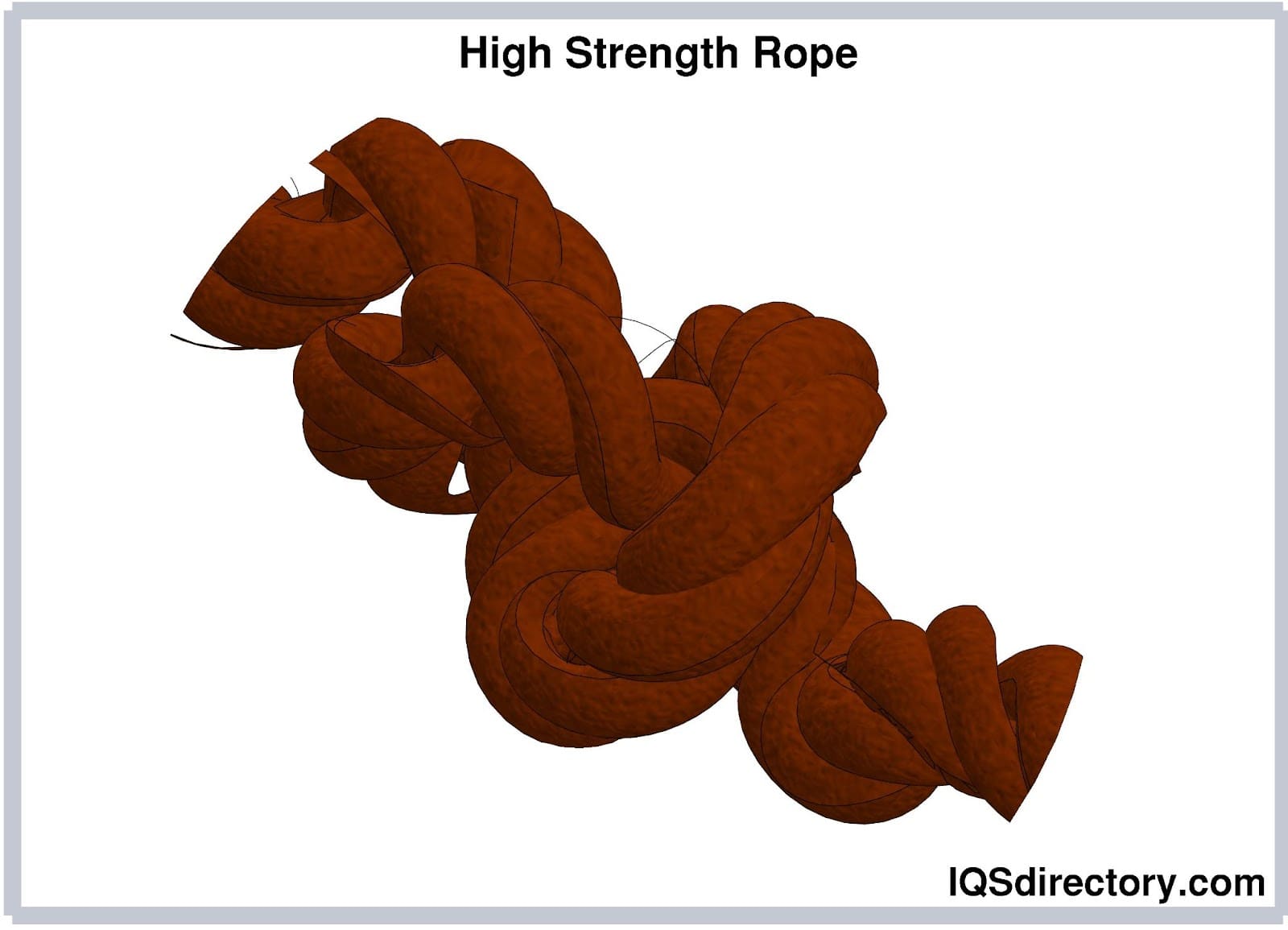
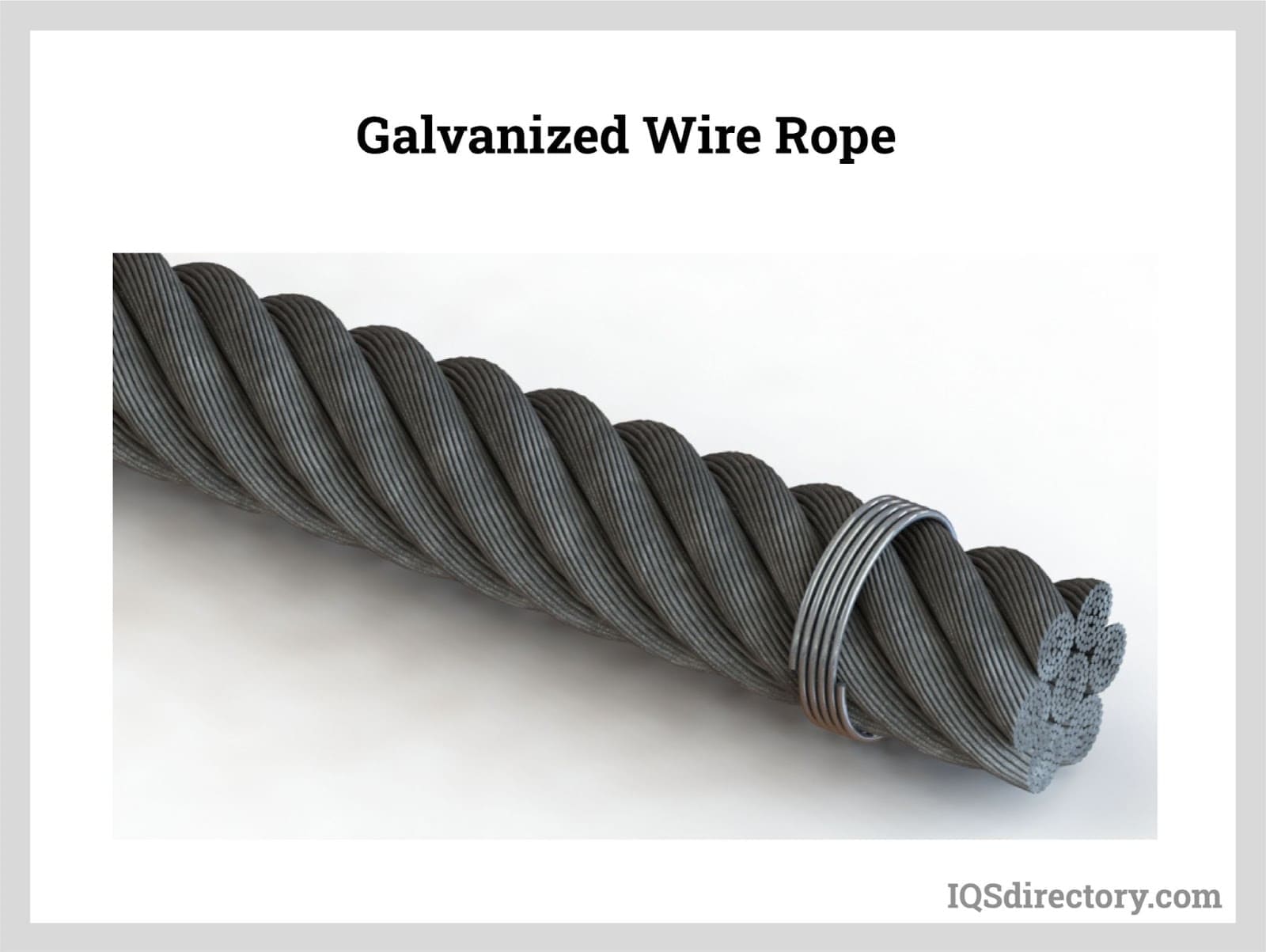
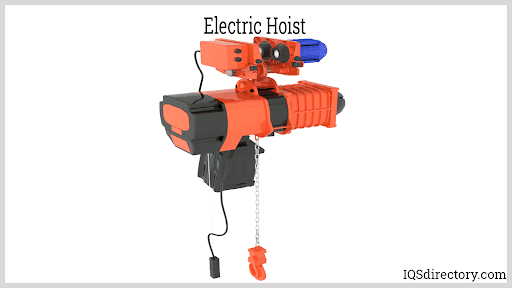
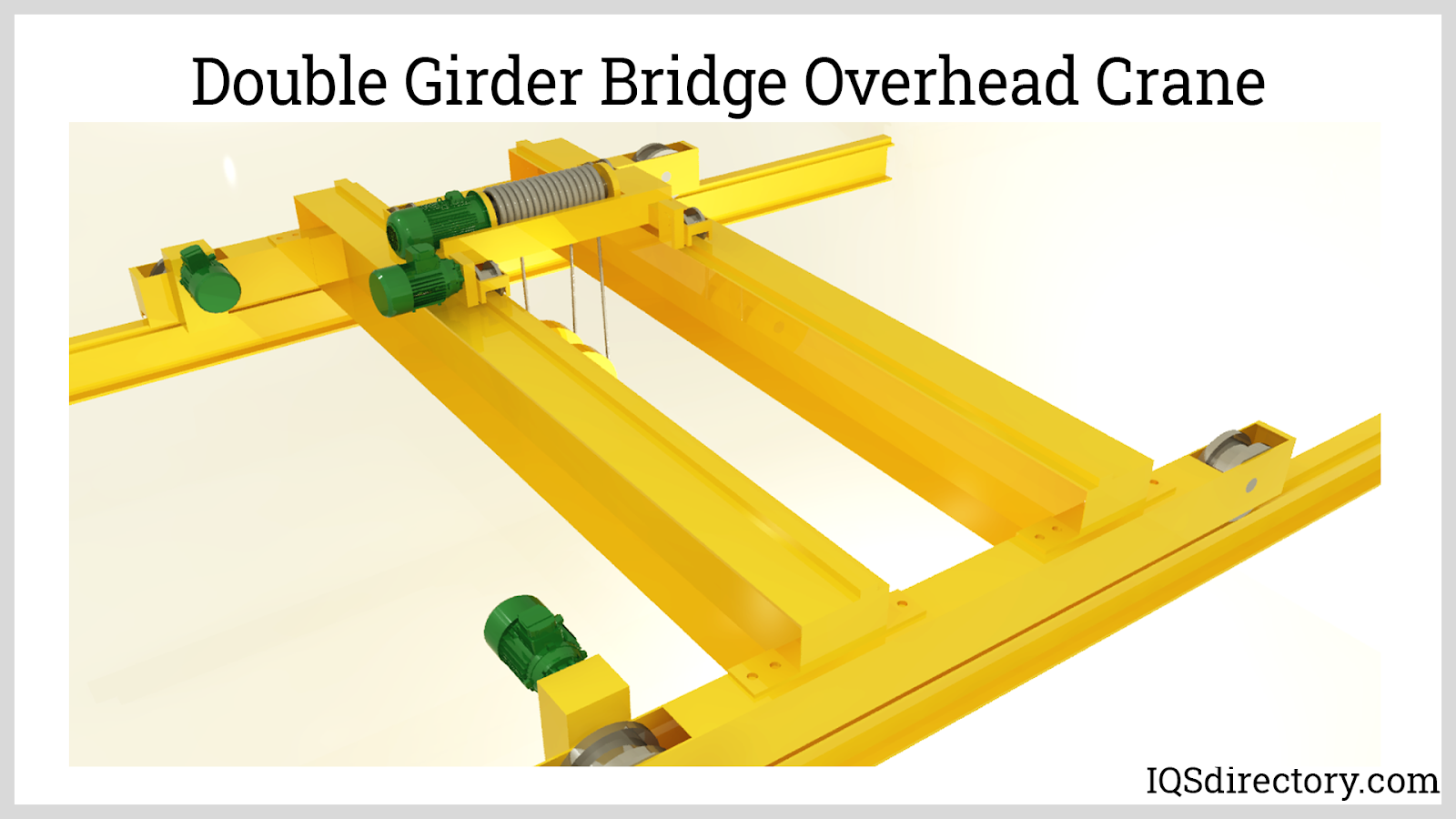
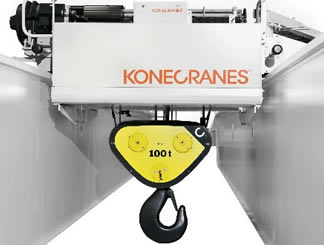 Cranes
Cranes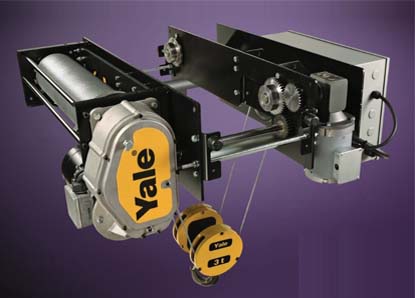 Electric Hoists
Electric Hoists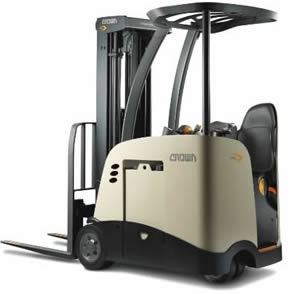 Forklifts
Forklifts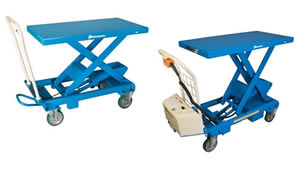 Hydraulic Lifts
Hydraulic Lifts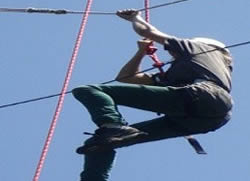 Rope
Rope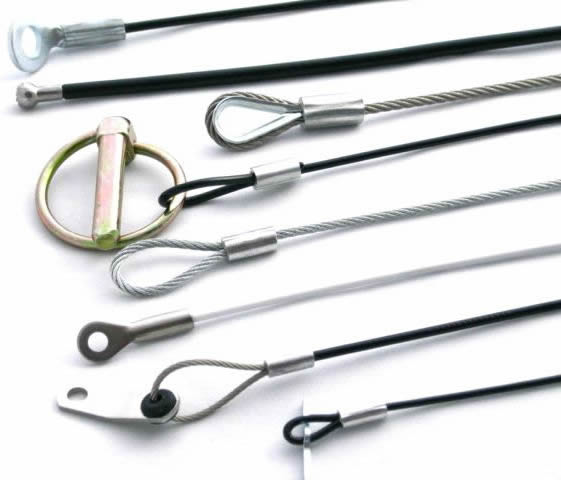 Wire Rope
Wire Rope Castings & Forgings
Castings & Forgings Bulk Material Handling
Bulk Material Handling Electrical & Electronic Components
Electrical & Electronic Components Flow Instrumentation
Flow Instrumentation Hardware
Hardware Material Handling Equipment
Material Handling Equipment Metal Cutting Services
Metal Cutting Services Metal Forming Services
Metal Forming Services Metal Suppliers
Metal Suppliers Motion Control Products
Motion Control Products Plant & Facility Equipment
Plant & Facility Equipment Plant & Facility Supplies
Plant & Facility Supplies Plastic Molding Processes
Plastic Molding Processes Pumps & Valves
Pumps & Valves Recycling Equipment
Recycling Equipment Rubber Products & Services
Rubber Products & Services